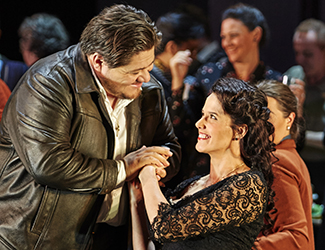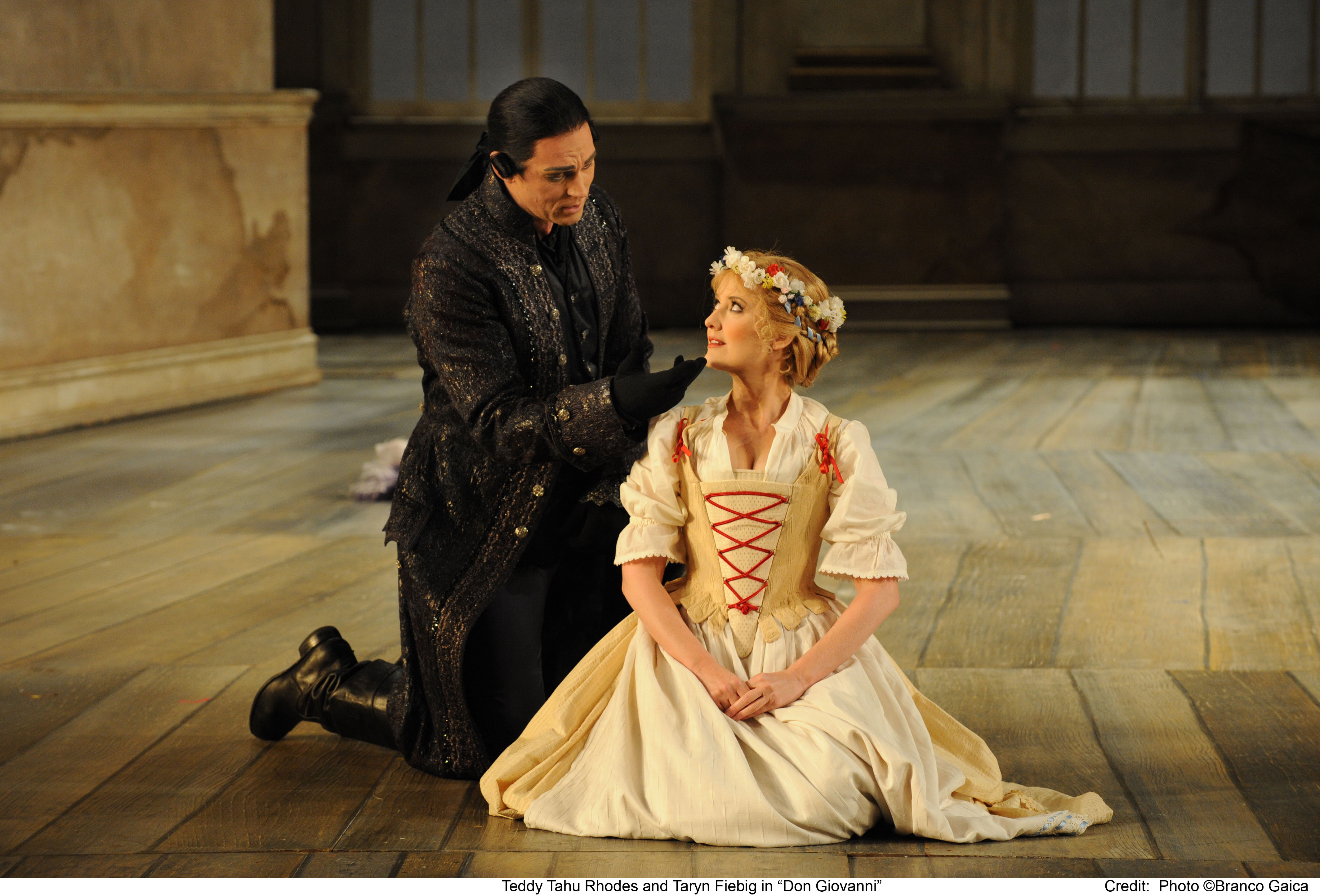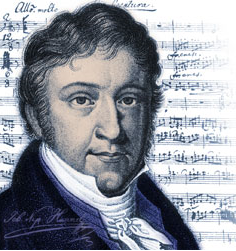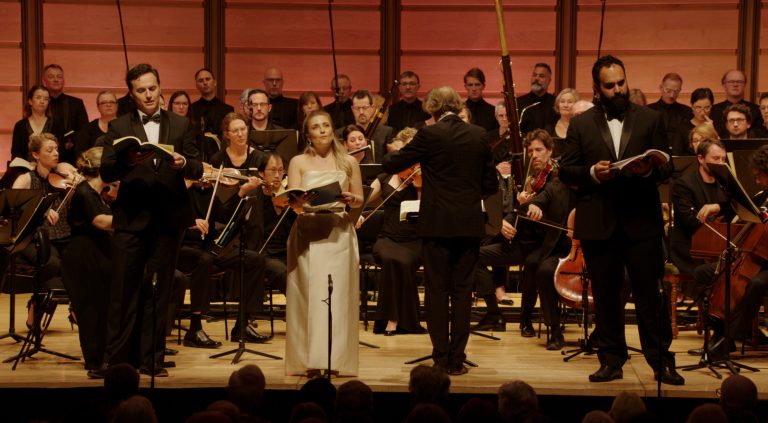Concert Review: Faure’s Requiem From The Sydney Chamber Choir:Shining Light Into Worlds Beyond
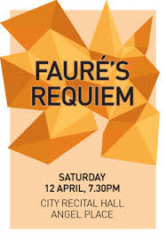
Faure’s Requiem
The Sydney Chamber Choir and The Metropolitan Orchestra,
April 12 2014. the City Recital Hall, Sydney.
In a world where concert producers seem to draw on a dizzying array of devices to tantalise audiences, the Sydney Chamber Choir delivered a potent reminder of the power of music, dispensing with distractions and focusing the senses on a pure and meditative programme of choral music.
Conducted by their Music Director elect, Richard Gill OAM, the choir presented a cleverly crafted programme anchored in the Catholic liturgy, united in asceticism and drawn from music’s earliest roots in the 16th century, journeying through the 18th and 20th centuries with a view from the 21st century.
Twenty eight singers took to the stage, opening with Palestrina’s skilful setting of the Lamentations for Maundy Thursday (c 1574), true to style in tones that were pure, clear and seamlessly blended. The solo ensembles were drawn from the ranks of the choir, some combinations working better than others – but more importantly, the range of voices and timbres adding texture to the simple beauty of Palestrina’s writing and word painting.
Mary Finsterer’s motet When Soft Voices Die commissioned by the Sydney Chamber Choir, received its world premiere in the presence of the composer. The singers were joined on stage by cor anglais virtuoso Shefali Pryor. Finsterer’s writing was a sensitive and lyrical setting of texts derived from Shelley, sincere and discreet in its simplicity. Although Pryor was positioned on stage as a soloist, Finsterer treated the instrument and voices as one with the thematic material passed from one element to the other. Composer, composition and performers were very warmly applauded by the audience.
Stravinsky’s Mass was perhaps the most challenging for both performers and the audience that evening. Composed between 1944 and 1948 for mixed chorus and double wind quintet, Stravinsky drew on musical ideas and modes which looked to the past but presaged the future. His writing requires a fierce concentration on pitch and technique, competently negotiated despite some hesitant moments. The choral soloists did well with the testing score.
Finally, the exquisite lightness of Faure’s Requiem (1887-1890) for which the choir was joined by soprano Belinda Montgomery, baritone Alexander Knight, solo violinist Charol Chan and the Metropolitan Orchestra. There was a sense that this was what the audience had come to hear – of relaxing into music that was well known after the harder work of concentrating on the less familiar. Belinda Montgomery’s singing was captivating and plaintively beautiful; well matched to the music. Her rendition of Pie Jesu, sung by so many, many trebles and sopranos, didn’t disappoint. Alexander Knight sang to the audience with an infectious conviction and natural richness for a baritone so young. The choir and orchestra performed with a superb continuity of phrasing and dramatic dynamics. The sound shone rays of light into worlds beyond.
Richard Gill, delivered a pre-concert talk, elements of which he repeated in-between items, stressing the unifying theme of austerity in the choice of music for this programme. Always engaging as a speaker, he transforms himself into an unobtrusive conductor albeit requiring the best in discipline and skill from his charges.
‘Austere’, ‘restraint and reflection’, ‘ without ornamentation’ – words used to describe the music of the evening which was however, not without great joy – and what bliss to be able to relish a performance of choral music, free of visual distractions; to be able to simply close the eyes and be inhabited by the music.
Shamistha de Soysa for SoundslikeSydney©


